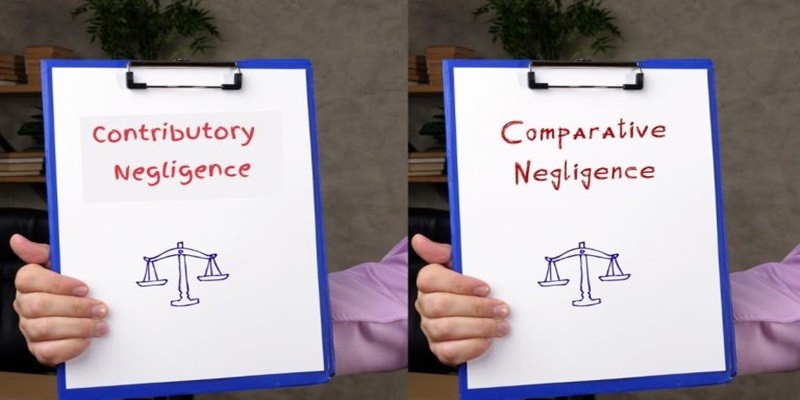Last Updated on January 15, 2025
Accidents occur when you least expect them. However, in some cases, accidents result from a person’s behavior that can harm others.
Legally, if a person’s actions are unreasonable, it’s considered negligence. The injured party can file a personal injury claim to collect compensation for all the losses they have suffered.
Negligence in law means doing something that a reasonable person wouldn’t do and harming another person. These are some of the ways you can prove negligence.
- Duty of care: This refers to the ethical obligation to be responsible and consider the safety of others in certain situations.
- Breach of duty: This is the violation committed by the individual who owed a duty of care. An example is a drunk driver. This poses a danger to other road users.
- Causation: After establishing the duty of care and breach of duty, it has to be proven that an act caused direct harm to the plaintiff. The plaintiff demonstrates this with the injury caused. The court will analyze factual and legal causation.
- Damages: The victim must have suffered actual damages to seek compensation. If the victim did not suffer any damages, they cannot file a personal injury claim.
You must provide enough proof of negligence to get compensation for your medical bill, loss of property, or any other losses. Below are the four different types of negligence that you should know about.
1. Comparative Negligence
Comparative negligence allows for the allocation of percentage faults for each party. This permits a fair distribution of fault and compensation for each party involved. This is best suited in a case where there are multiple parties involved.
There are two types of comparative negligence. Pure comparative negligence and modified comparative negligence. Pure comparative negligence allows the parties to share damages and compensations for their percentage of fault.
For modified comparative negligence, compensation is only given if your fault falls below the set threshold. Often, but not limited to 51%.

2. Contributory Negligence
This dictates that if a plaintiff is found to have contributed to the accident, they are not compensated. This can be harsh. The plaintiff’s lawyer can present evidence in court and craft arguments to prove their client’s innocence. Most jurisdictions, however, use comparative negligence.
3. Gross Negligence
This is a voluntary disregard for the safety and well-being of others, resulting in an increased probability of harm to others. An example is the Exxon oil spill.
Gross negligence has harsh consequences. The plaintiff will likely get higher compensation and damages than in a regular case. Gross negligence is highly likely to attract penalties like punitive damages as well.
4. Vicarious Negligence
This agreement holds one party responsible for the negligence of the other. An example is a parent who permitted a minor to do something that led to the accident. Another example is between the hospital and medics. The hospital can be held accountable if a medic does something that counts as negligence.
Vicarious negligence ensures a fair allocation of responsibility. Legal fees for negligence cases require deeper pockets. In the case of vicarious negligence, the organization pays for it.
Vicarious negligence has a positive outcome. The liable party will make sure the rules are strictly followed. This increases accountability and cultivates responsible work behavior.
Conclusion
As a victim of negligence, seeking justice can be overwhelming. To be safe, talk to your attorney to help determine if the accident was your fault. This is important, as your involvement may turn the case against you if you’re in a state that follows contributory negligence laws.
Whatever the condition, it helps to hire a personal injury lawyer. They can analyze your case and find out all the potential complications involved in it.

